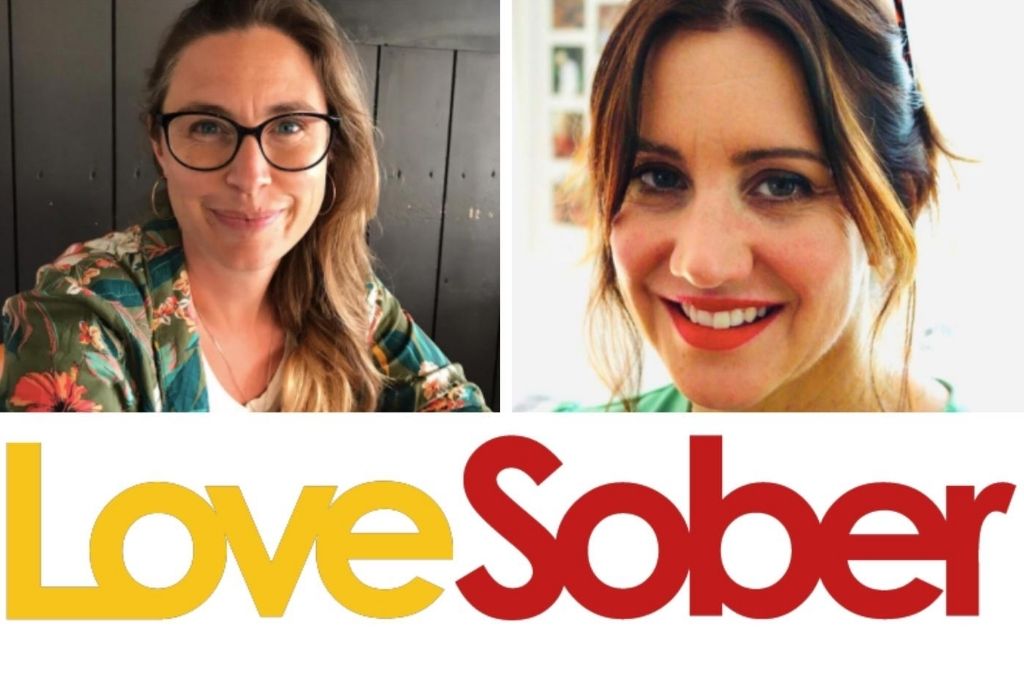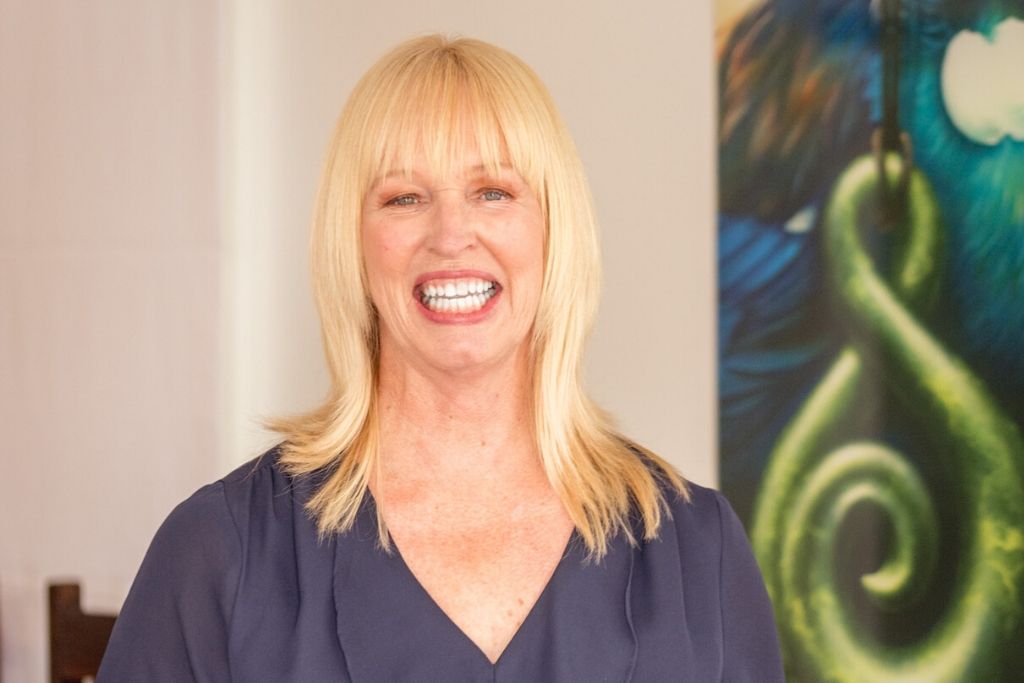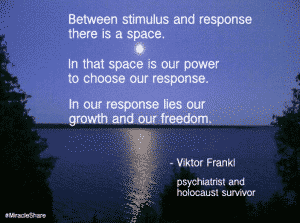
Today's experts are Kate and Mandy from Love Sober.
=========
Mrs D: What is Love Sober? What do you offer to people?
Mandy: Love Sober is a space created for women by women to offer community, personal development courses, coaching programmes and support for the sober and sober curious. We are a Community interest company, which means our work is focused on social engagement for all women. We host the Love Sober Podcast and are writers – our first book being Love Yourself Sober, a self-care guide for busy mothers. We also have a sister company Re(dis)covery Coaches in which we do consulting and training to coaches, the recovery industry and businesses in best practice to be alcohol, trauma and addiction informed.
Mrs D: What has happened in your lives that led you to working in the recovery space?
Kate: I stopped drinking in my early 40s after I had my youngest. My diary before then is full of lists and goals such as losing weight and detoxing. These were punctuated with regular hangover entries, saying how fed up I was of drinking, how I was going to give up that day, as I went round and around in circles. Before I became sober, I looked on the surface to be ‘normal’ and drank about the same as most of my friends did. A few glasses of wine a few nights a week, the odd wild night resulting in a four day hangover but not vodka on the cornflakes, by any means. I look back now and see a woman who on the surface had so much to be thankful for. But the day to day job of being a mum, spinning plates, trying to work, keeping up with a baby and a very energetic and challenging toddler exhausted me and my mental health was actually in tatters. I was exhausted and depleted. Alcohol started to take a central role, becoming the focal point of my day as I raced through towards that Holy Grail of the 5 pm mark. Stopping was not easy; there was a lot of fear. But slowly, slowly the days clocked up. I stopped seeing alcohol as a reward but for what it is-a poisonous addictive drug. It’s legal but it’s still a drug and it is marketed at women and mothers aggressively as a treat or reward. Alcohol is not a treat and it is not self-care. And it stops you getting to grips with what you actually need because it causes a disconnection with your feelings.
Mandy: I started drinking when I was 14 regularly, I grew up in the britpop/rave scene of 90’s UK where binge drinking was the norm for myself and my peer group. I dont think I was ever very « good » at drinking, it made me loud, angry or over the top and yet it was a balm to anxiety at the beginning of the evening, so I think it was always a jeckle and hyde substance for me. It really became centre stage in motherhood, I was lonely, overwhelmed and dissatisfied. I possibly had PND though it was never diagnosed I was certainly struggling. It was a long journey to stop, I had a breakdown in 2013 and started therapy for depression, anxiety and burnout and it became evident to me by December that year that alcohol was a problem for me. I stopped drinking in April 2014 and did a year, I felt so much better, so I thought I could moderate my drinking, then spent two or so miserable years going back and forth, knowing I was back sober, but not being able to fully commit until I did in Aug 2017.
Mrs D: How did you come to work together?
Mandy: I realised when I finally quit, what I had been missing for me was community, a sober social life and people to talk to and be accountable to. Podcast were starting to become popular and I loved it as a medium for conversation and advice, I was listening to a lot about happiness, mental health and Sobriety, but I couldnt find one that really represented me or the British drinking story, so I asked Kate who I had met on Soberistas if she’d be interested in doing a podcast, she in turn shared her vision for Love Sober to be an aspirational yet honest support for women and her project to write a book for Mums, so we decided to work together. Our approaches are complementary which brings this 360 look into where women are, what they need and how we can support them. Our core values are the same that we care deeply about others, we are feminists, we are fighters and we want the world to be a kinder more supportive and caring environment, we want to care for the carers in order for them to find the skills to advocate for their own needs.
Mrs D: What sort of people come to you for help? Who are you most wanting to reach?
Kate: We want to help mums, women and carers. We felt that there was a lot of work to do around supporting women and creating offerings, services and spaces that are gender appropriate and trauma informed. We love to work with the female experience because this has been overlooked medically with regards to Alcohol Use Disorder and in terms of traditional recovery methods whether it be a male oriented meeting in terms of language and a male God, or just systems that don’t acknowledge maternal needs, burnout and trauma.
Mandy: We want to call BS on mummy wine culture and also the alcohol bias within services in order for people to get support early rather than being sent away to moderate and turning up a year later in rock bottom. I was sober curious on and off for 7 years and this isn't uncommon, so we both really want to open the conversation around 'grey area' drinking. We want to educate people to know that addiction is progressive, that there is a spectrum of addiction - it’s not something you wake up one day and you are, it’s something that you become slowly over time due to many different factors.
Mrs D: What is 'Grey Area' drinking?
Kate: The term ‘alcoholic’ has not been used in diagnostic terms since the 80s - we now use the term Alcohol Use Disorder (AUD) which is a spectrum. If alcohol use is white on one end (occasionally drinks, never has to consciously moderate, no probs) and black on the other end (the dependant drinker, much fall out in terms of social problems, rock bottom/ treatment etc) then the grey area is the big area in the middle. It may be hazardous at times e.g. binge drinking, or starting to escalate e.g. having 'hangxiety' (hangover-anxiety), setting limits around it and failing to meet those constantly. In past, grey area drinkers have been encouraged to merely moderate and count units. We believe this is dangerous and keeps people stuck for years rather than promoting positive sobriety. They have been told you have to hit a rock bottom and call yourself by a label and many are put off by this dramatic finality and delay making a brilliant choice for themselves and their families.
Mrs D: How do you educate and empower people to turn their drinking around?
Mandy: We work with peoples’ individual strengths and situations. We use evidence based coaching methods, positive psychology and the science of happiness and our own sober experience to help people reclaim and reframe sobriety as a positive choice. We work to resource people with an individual toolkit which fits their needs for success sober living. In addition to our new book, we have coaching calls and use interactive videos and sharing circles online and a community space moving onto our Love Sober platform in September 2020. Our mission is to create the kind of support which is mainstream, affordable, acceptable and to be celebrated.
Mrs D: You talk about 'holistic recovery' and 'radical self care'.. what are these things?
Kate: We use our BALANCE model which is a wheel (like the wheel of life) with the following sections:
B Body (Mental & physical well-being, female cycles, nutrition & movement)
A Awe (Gratitude, sensory input, mindfulness, nature and the seasons)
L Love (For oneself & others, self-care, compassion & Kindness)
A Alignment (Values, true north & purpose)
N Nurture (Knowledge, recognising needs for mind, body & soul)
C Connection (Relationships, solidarity, asking for help, somatics)
E Enjoyment (Play, flow, hobbies, adding-in, finding your th-ing)
D Dreams (Forward thinking, development, direction & opportunity
These are evidence based recovery and mental health tools, which boost resilience, well being, meaningful connection and therefore are like a scaffold for sober living. We stay balanced, we recover our balance, we are able to stay sober and manage our lives and our triggers.
Mrs D: You're both certified She Recovers coaches .. what is that?
Mandy: SHE RECOVERS® is an international movement of women seeking healing from substance use disorders, other behavioral health issues, and a myriad of life experiences. The slogan is that we are all recovering from something and it offers services such as online courses, meetings, collaborative workshops, trauma informed yoga and dance. It is the largest international recovery movement which accepts all and criticises no pathways to recover. Being She Recovers coaches means that we have been trained in and our work aligns with the SHE RECOVERS® Intentions & Guiding Principles. It means we are part of the She Recovers coach collective and collaborate with She Recovers to provide support to women.
Mrs D: What motivates you to help others deal with their problematic alcohol use?
Kate: We have been there - we know what it’s like to struggle, feel lost and try to manage a problematic relationship with alcohol. We are knackered mums, girls’ girls and we secretly want to smash the patriarchy too and call bullshit on wine o’clock and empower women to know their awesomeness. Sobriety is the absolute cornerstone of all of our wellbeing and we want to share that.






This is brilliant!! Every piece makes sense.
Great interview, thank you for sharing your stories. I have just listened to one of your podcasts with Sober Girl Society founder. Very inspiring, thank you! I will be listening to more.
I love this!! I am always looking for more positive ways to live a sober life. Thank you, I will definitely be checking out their books, podcasts, etc.
Very interesting. Thank you for sharing this interview. I will check out their podcast. And She Recovers as well.